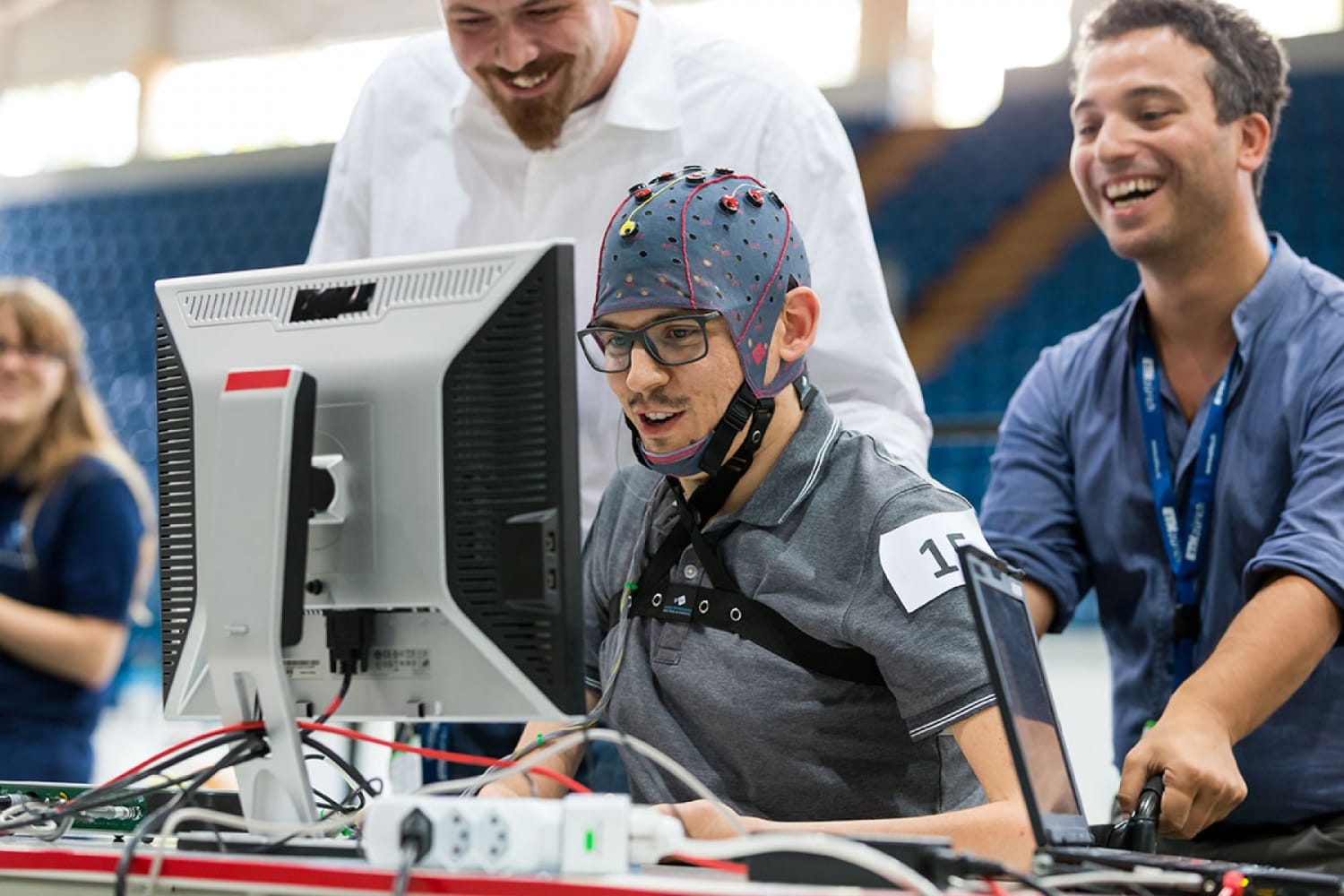Once a farfetched idea, brain-computer interfaces are suddenly receiving an influx of attention as companies look to streamline our interactions with technology. In a world dominated by devices, the ability to control electronics with brainwaves could be a welcome change for screen-weary consumers.
At its April F8 conference, Facebook asked: “What if you could type directly from your brain?” The company’s secretive Building 8 division is working on a brain-computer interface that would allow users to talk to Facebook with their minds, Facebook R&D head Regina Dugan announced at the conference. Non-invasive scanners will capture light signals in the brain and translate the neural activity into text, Dugan explained. She estimated that the technology could be in use within a few years.





